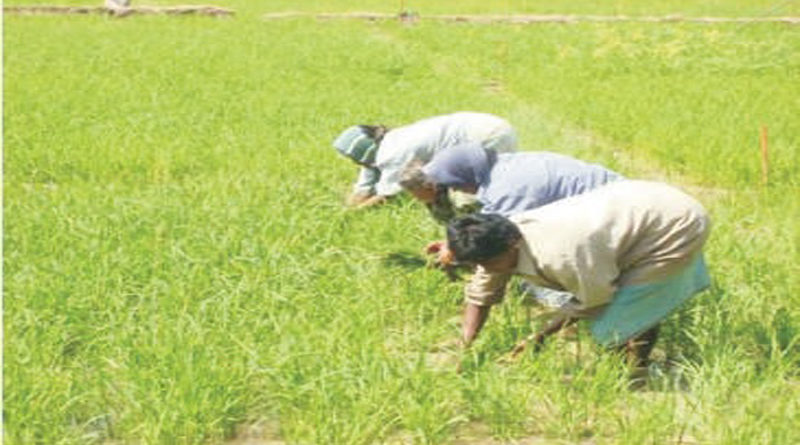Ecological Weed Management for Sustainable Agriculture
Weeds are the major deterrent to the development of sustainable crop production. Since weeds dictate most of the crop production practices and causes enormous losses due to their interference. Effective weed management is very important in maintaining agricultural productivity. Farmers follow several practices for managing weeds in different crops/ cropping systems, of which the use of herbicides are on the top due to the scarcity of labors. The importance of weed management to successful cropping is demonstrated by the fact that herbicides account for the large majority of pesticide s used in agriculture, eclipsing inputs for all other major pest groups.
The sustainability of these systems is being questioned because of environmental, social and economic concerns caused by global competition, production cost, soil erosion, environmental pollution and concern over the quality of rural life.
Ecological weed management differs from traditional weed management in several ways. In this context, the challenge is to develop integrated weed management systems which reduces herbicide use and maintain sustainable crop production without compromising farmers’ income and health of natural resources.
The basic principles in Ecological Weed Management are enhancement in crop competitiveness to minimize competitive pressure of weeds on the crop. It emphasizes on integration of agronomic, genetic, mechanical, biological and chemical means of weed management that promote crop growth and development with less weed interference in a environmentally safe agro-ecosystem. Increasing concerns over herbicide resistance, environmental and health hazards of herbicides and declining pro fit ability due to emerging organic-markets have led to reorienting weed science research and education. The IWM involves intentional use of multiple tactics to suppress weeds and reduce crop damage to economically acceptable level. Emphasis should be placed on modifying habitat characteristics to reduce weed densities and promote crop growth.
(Writers are from Department of Agronomy, Department of Agricultural Chemistry and Soil Science, Rajasthan College of Agriculture (MPUAT), Udaipur, Raj.)

